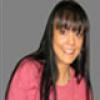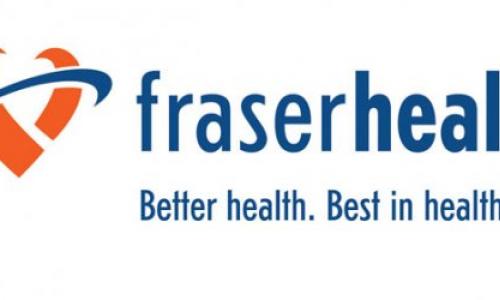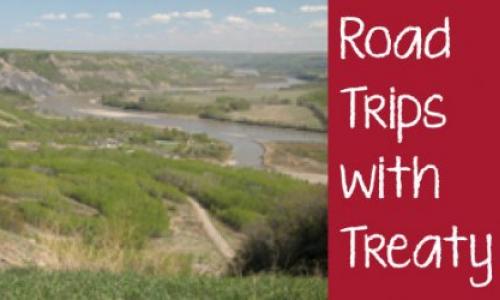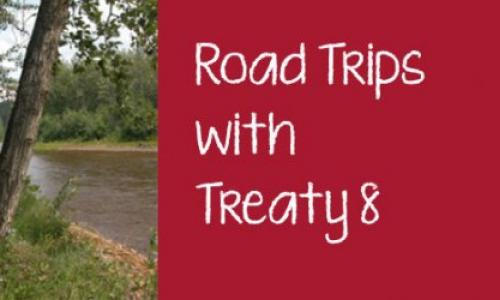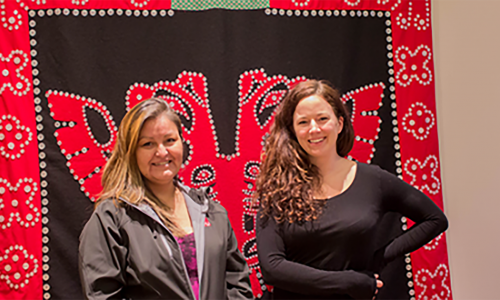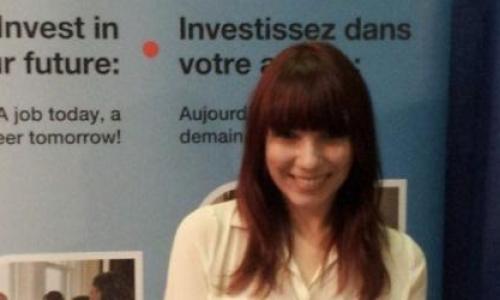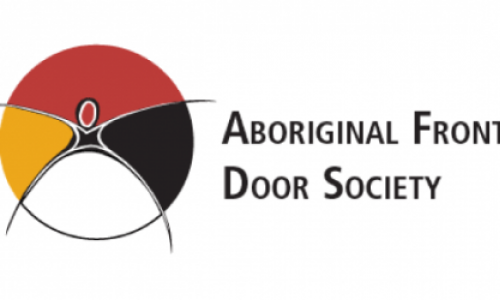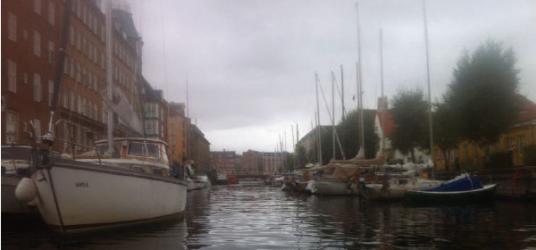
Welcome back everyone…how was your summer?
My summer was busy and eventful. I opted to motor through a summer semester that proved to be challenging in its own right due to a persistently shining sun making it difficult to sit in a lecture hall rather than at the beach. I did manage to complete a successful semester, although I do admit to complaining a little more as I dragged my unusually heavy feet to classes and tutorials. The best was yet to come, however, as I ventured to Europe where I spent the last three weeks of summer.
I just returned on Sunday night, which was the 8th of September. I ventured to the United Kingdom on August 16 where I spent a week in Liphook. Liphook is a small village about forty-five minutes from London. I stayed with a longtime friend, his wife and his three-year old son. I had an amazing time meeting their friends and family, touring London and lounging at the local pub. From Liphook I travelled to Belgium, where I stayed in another small community with yet another longtime friend, his wife and their two children. I travelled to Antwerpen, a small city in Belgium, eating, what else, but Belgian waffles. They are completely delicious, by the way. And finally from Belium I flew to Copenhagen, Denmark, where I spent the remainder of my time.
My sister Mia, was born in Denmark. We have a complicated father who bore five children but raised no one. He was married to Mia’s mother in Denmark before he moved to Canada, so Mia is the eldest and this trip would be our first meeting. My time in Copenhagen was so much more than I could have ever expected. Mia and I are kindred spirits and after a few days, it felt like we had always known each other. We just connected, and truthfully it’s difficult to be home because she is so far away.
I am now experiencing the traveller’s blues, feeling slightly empty and wishing I was still spending time with my sister. My travels this summer were a long time coming as I always found a reason not to go, until I finally just made the call to a travel agent and booked my flights. I went without expectations and because of that, the entire trip was exciting and fulfilling.
As an Aboriginal person in Europe I wasn’t exactly surprised to discover how little knowledge many Europeans have in regard to Aboriginal people, other than the traditional elements. I described many times the residential school system and its affects and the continuing struggle with the Canadian government. Each person I shared this information with was open and also quite shocked to learn of the heinous nature of past and current difficulties surrounding the First Peoples of this continent.
For myself, my biggest lesson came in Copenhagen as I oftentimes struggled to understand what they were all saying as they spoke in Danish and sometimes felt isolated and uncomfortable when they weren’t speaking English. I know that this can not even be compared to the loss of language suffered by our Indigenous nations, however I got a tiny glimpse of what our people lost when they were stripped of their language. It seems such a small thing, language, because we take it for granted; especially English speaking people because the world speaks English. The world caters to English speaking people and while it was difficult for me at times because I couldn’t understand, they all still spoke English most of the time. I can’t imagine what it must have felt like to lose such an inherent piece of one’s identity as language. Language gives us the ability to communicate what is in our hearts and minds with others. Without that, it’s as if a piece of us ceases to exist. At least, that’s what it felt like to me at times. I learned many personal lessons like this on my journey.
I made approximately sixty short videos during my entire trip and posted my video blog on Youtube for my friends and family to watch. That was fun and a new way for me to experience my journey. Meeting my family, coming to Denmark, learning some Danish, seeing old friends and making new friends, as well as having many amazing experiences made this summer one of my best. The lessons were many and the memories priceless and the gratitude I’ve gained in knowing how incredibly blessed I am will stay in my heart forever.









